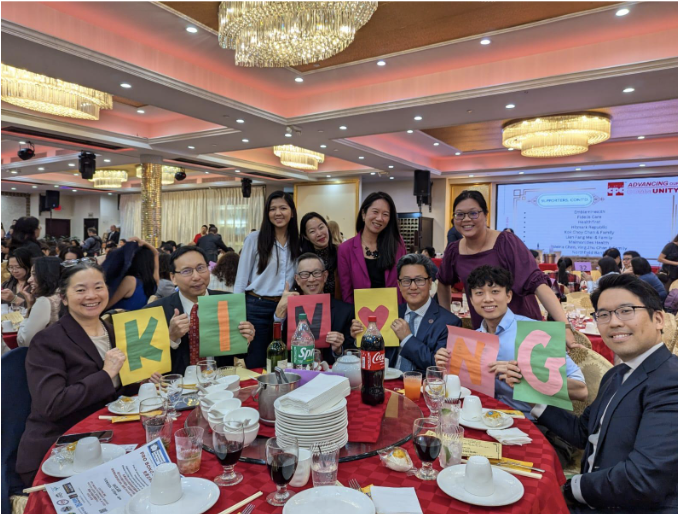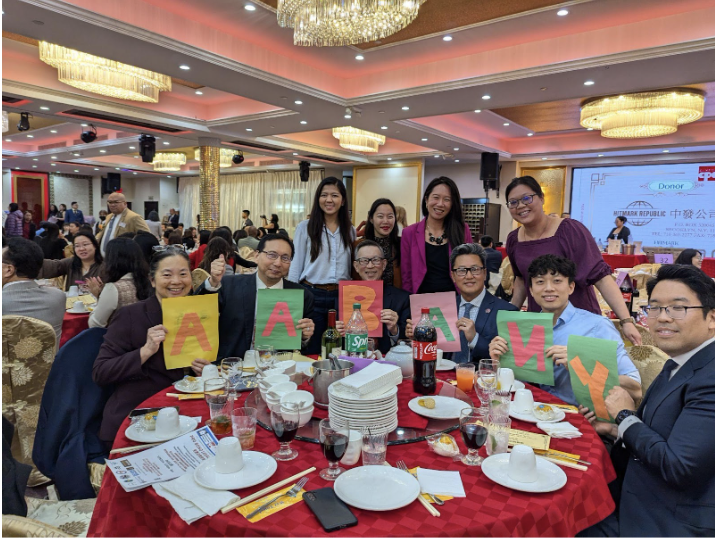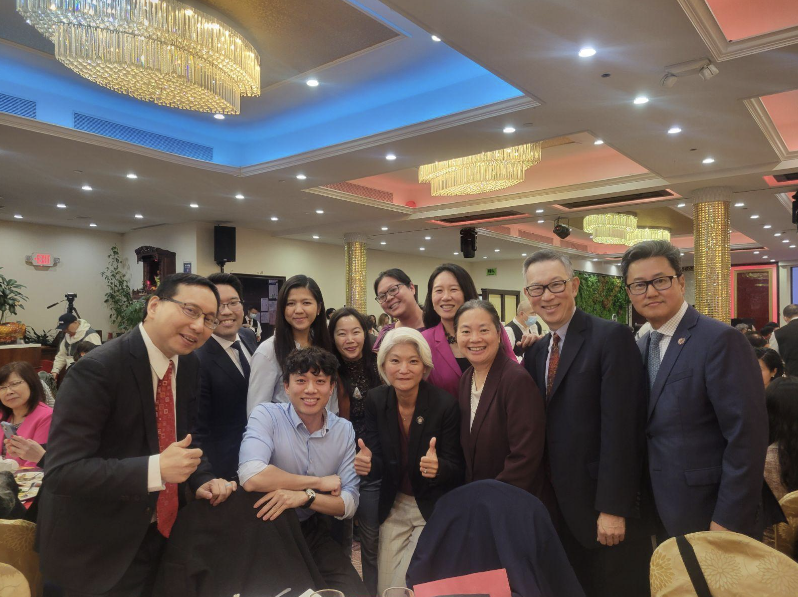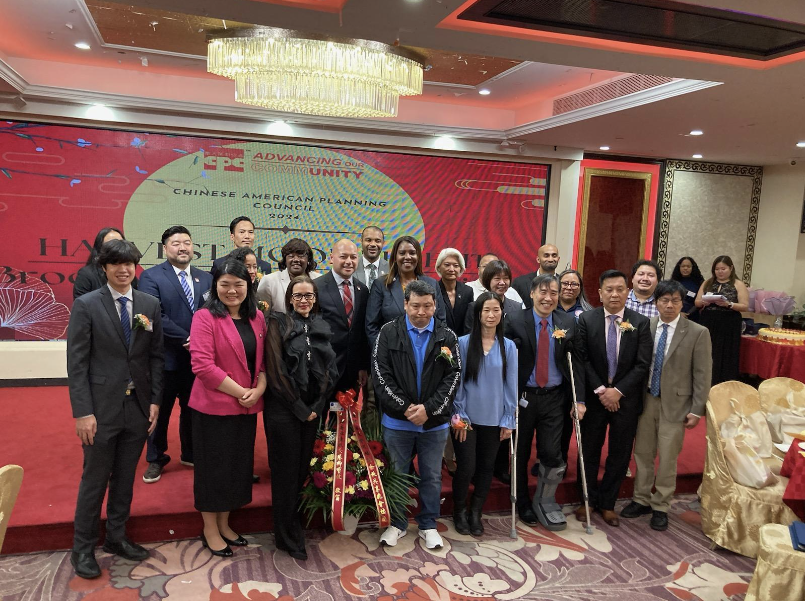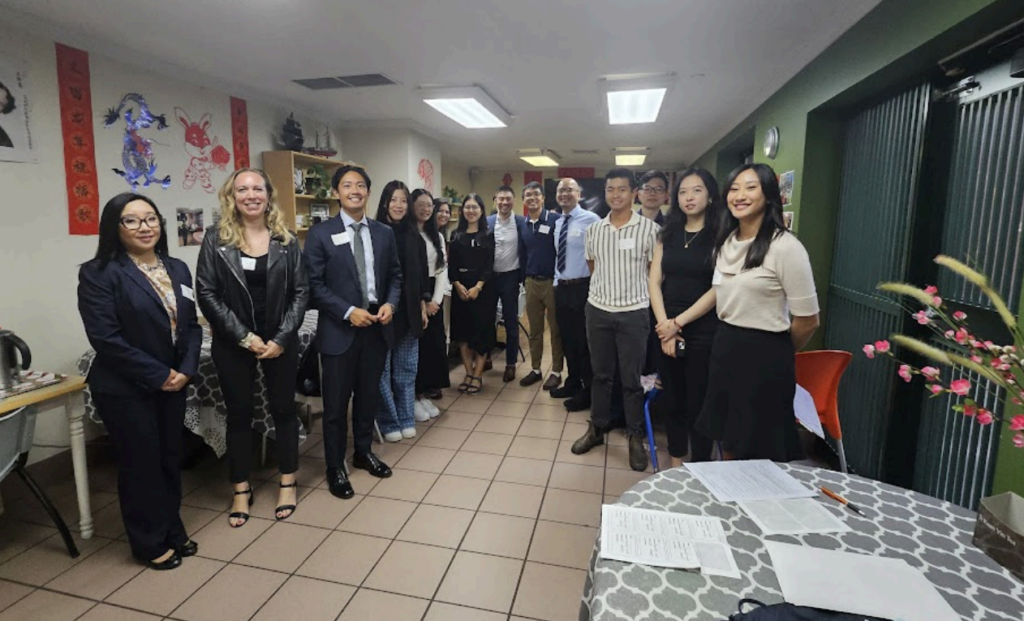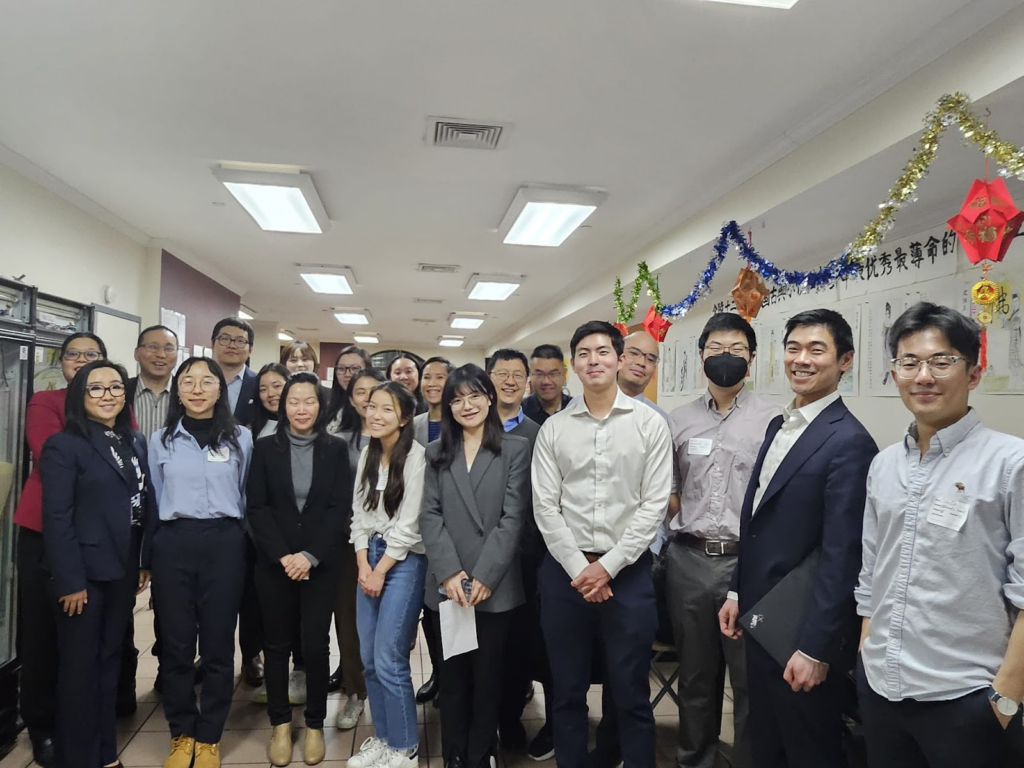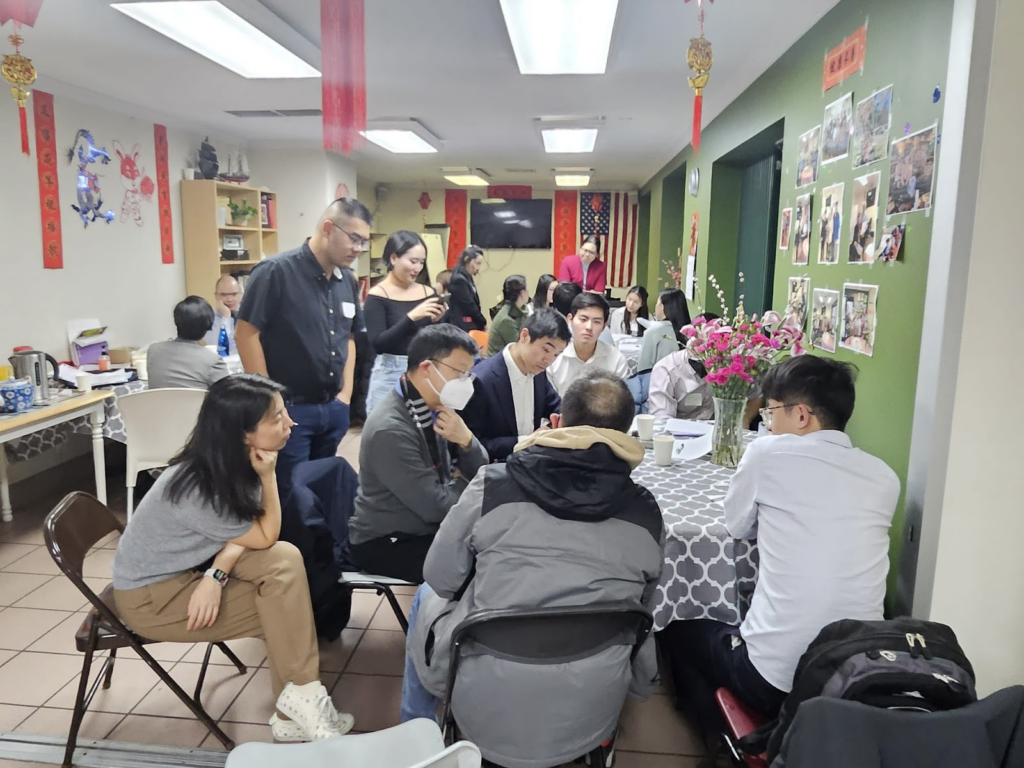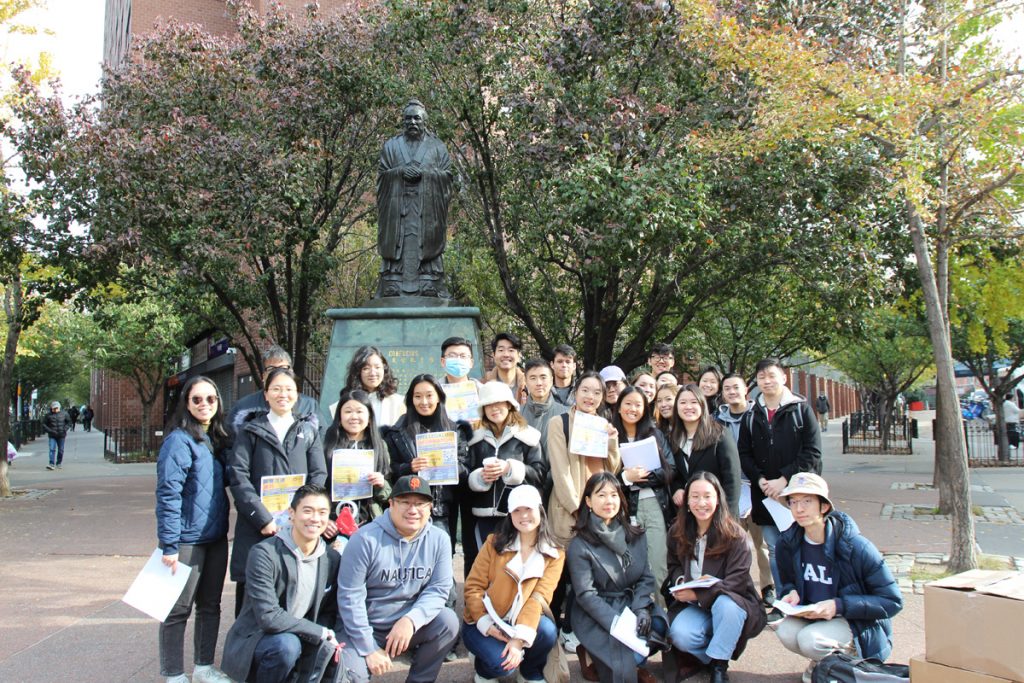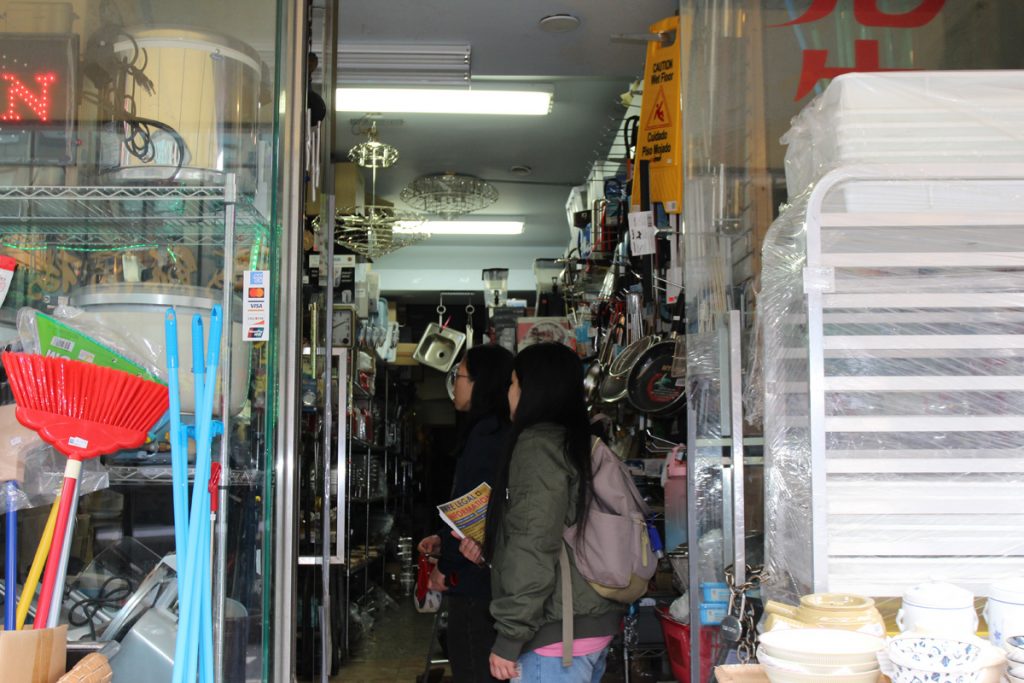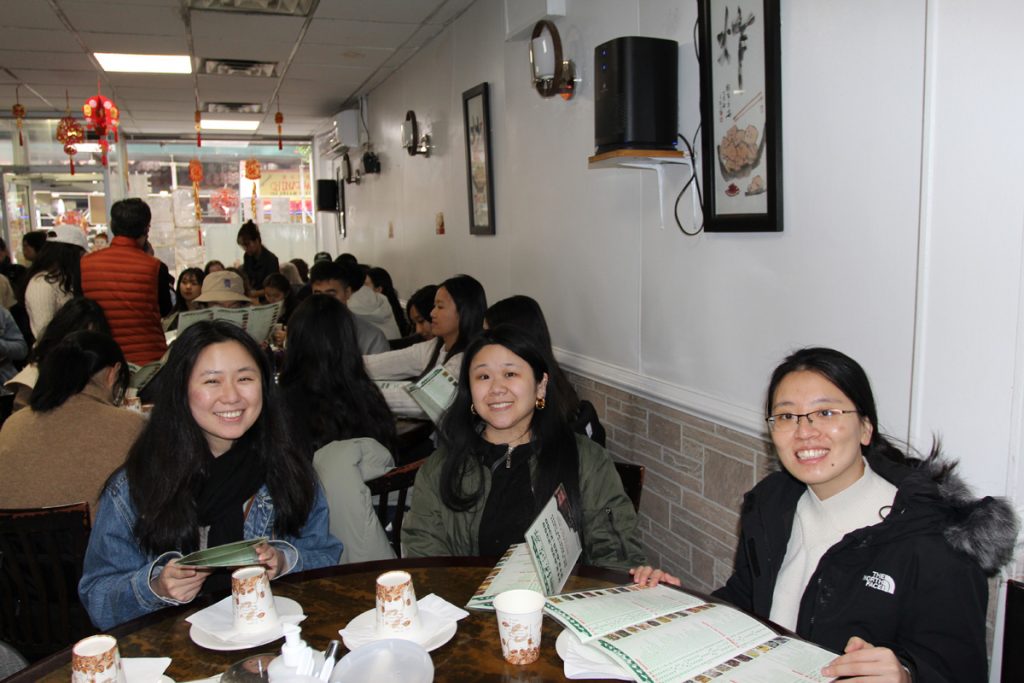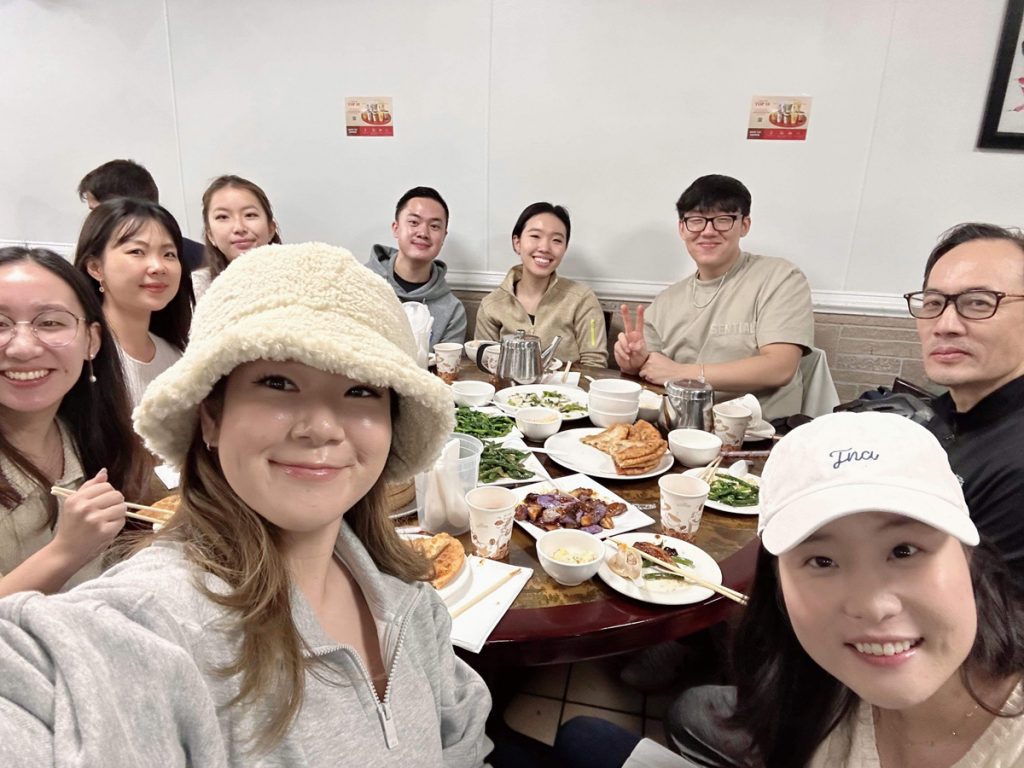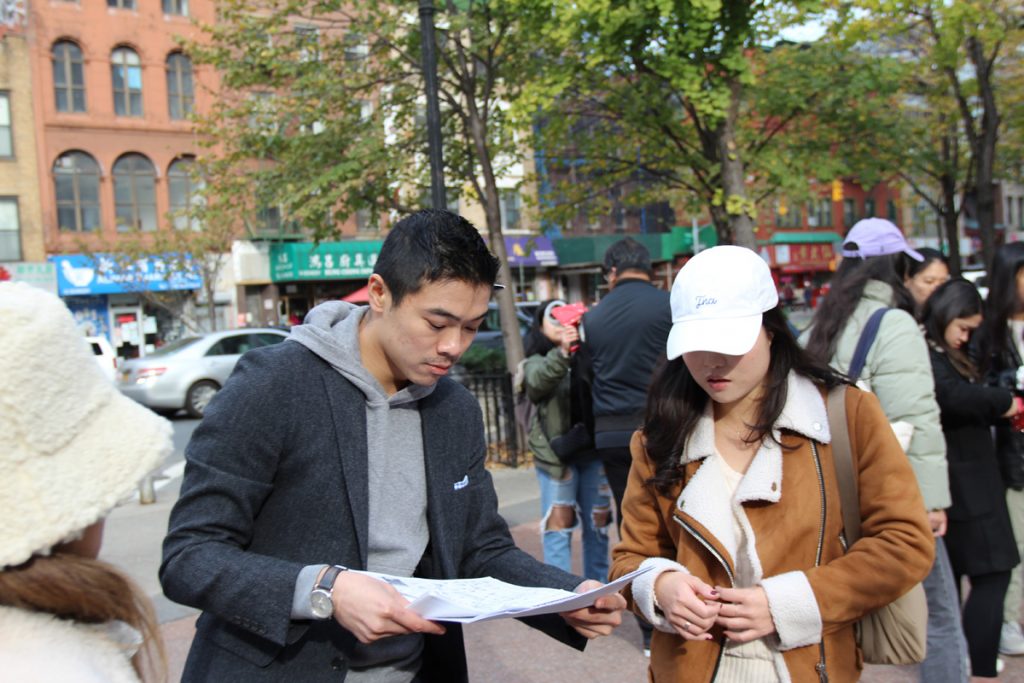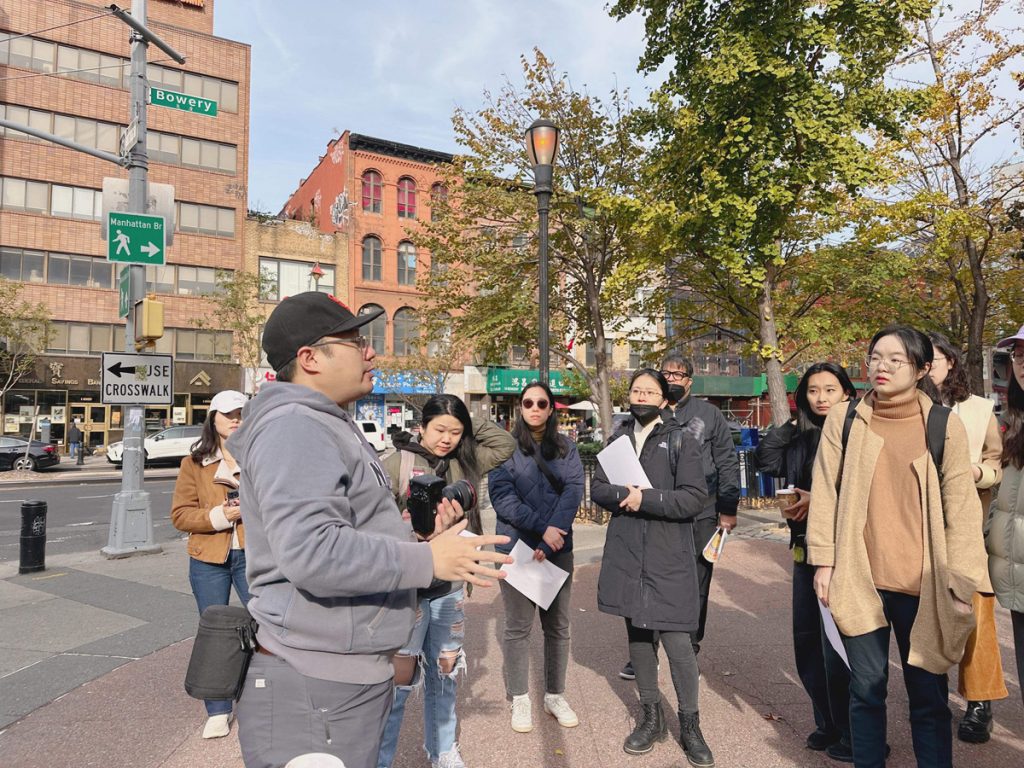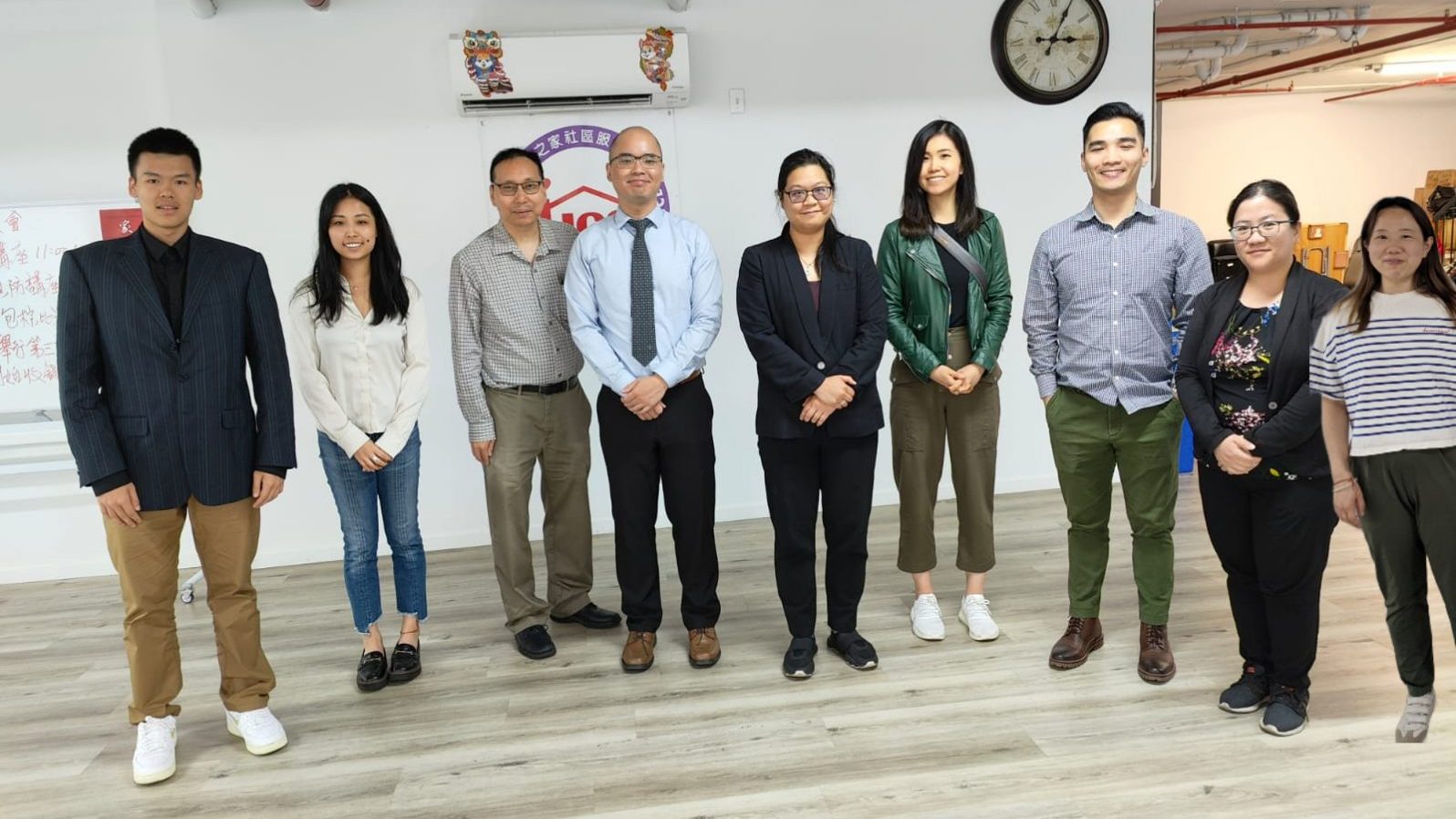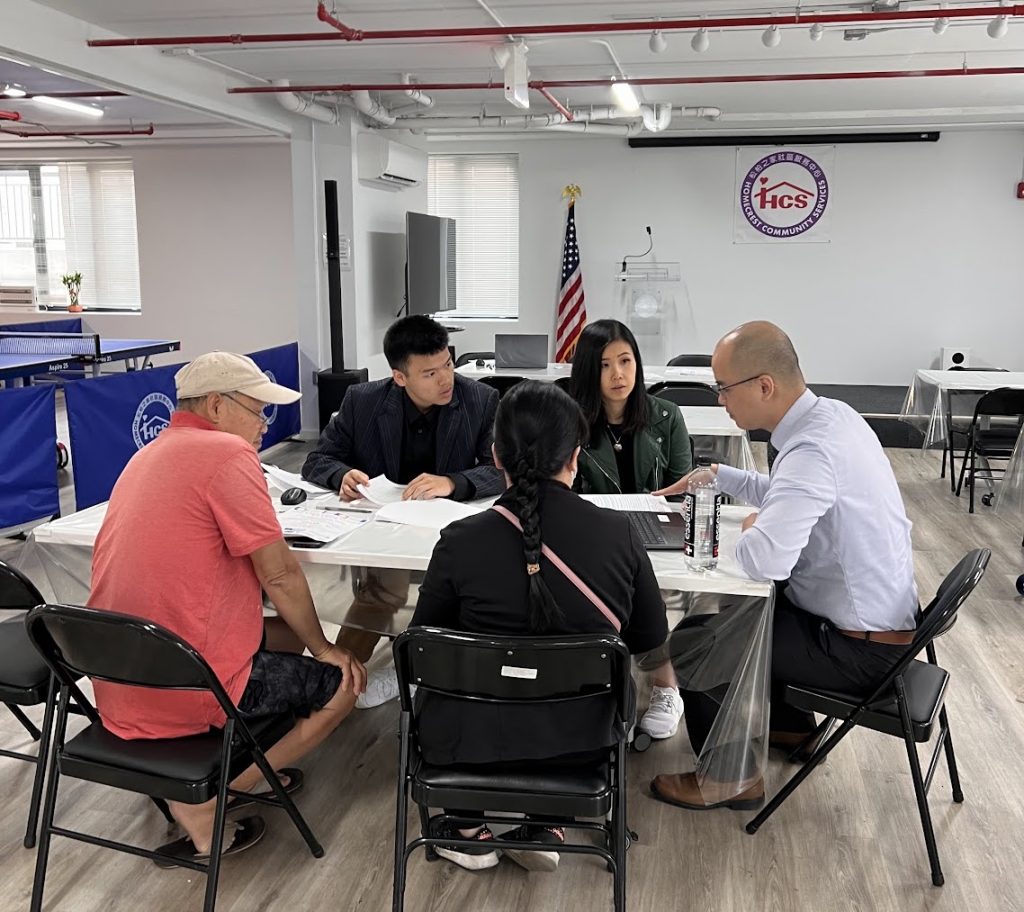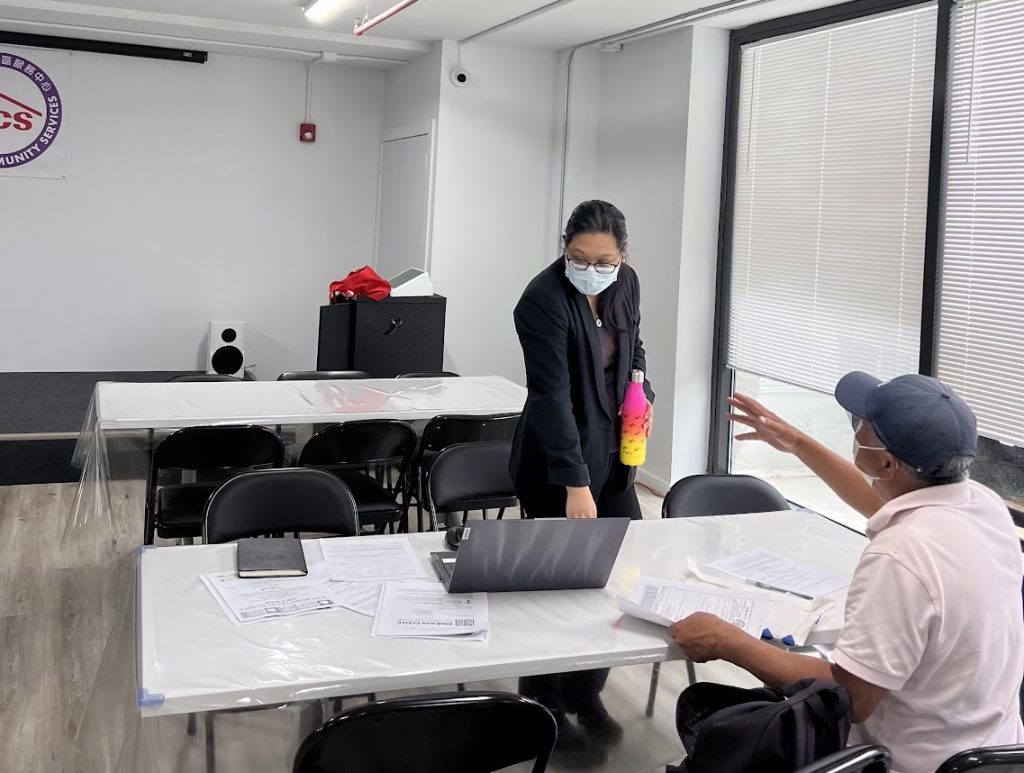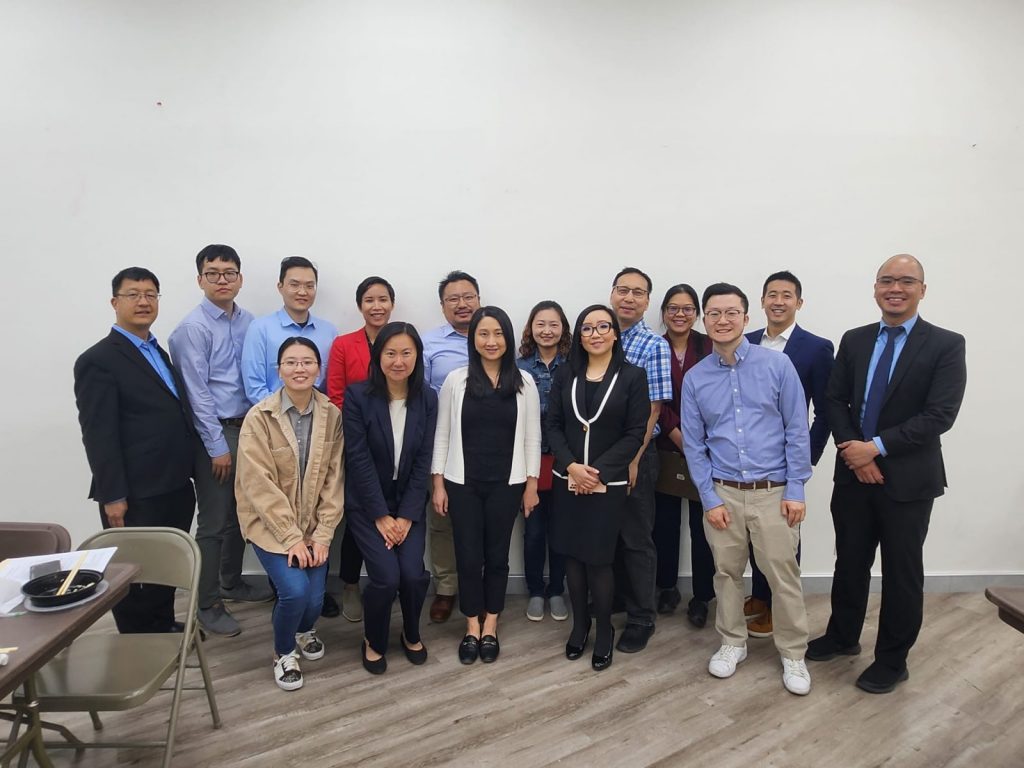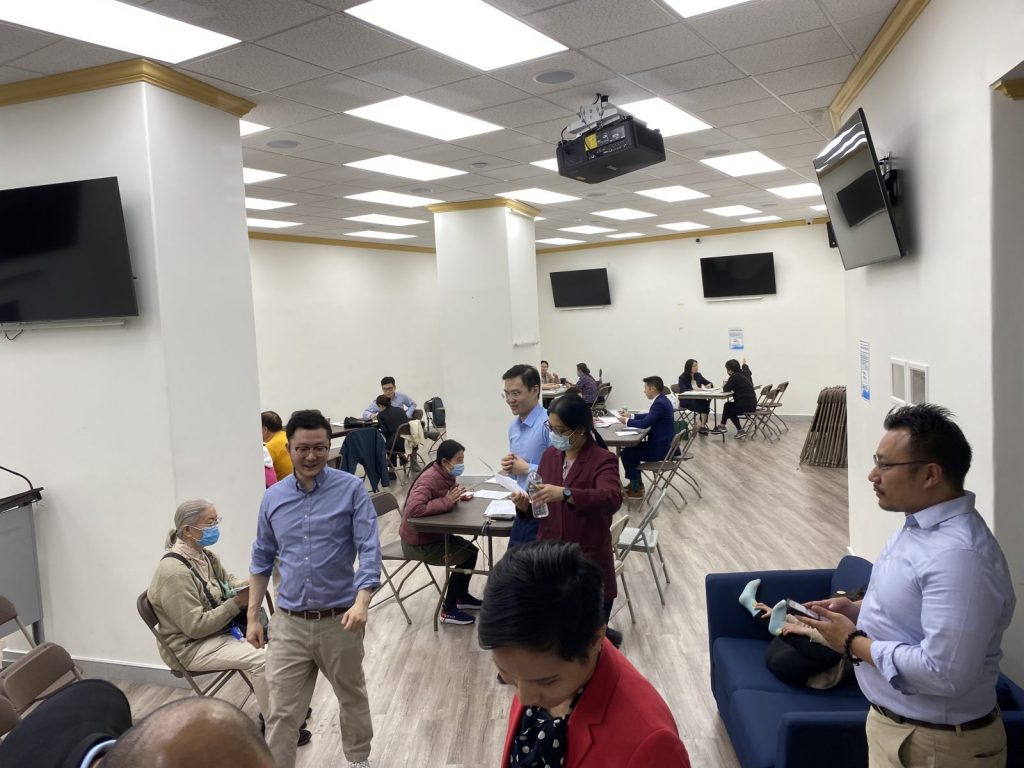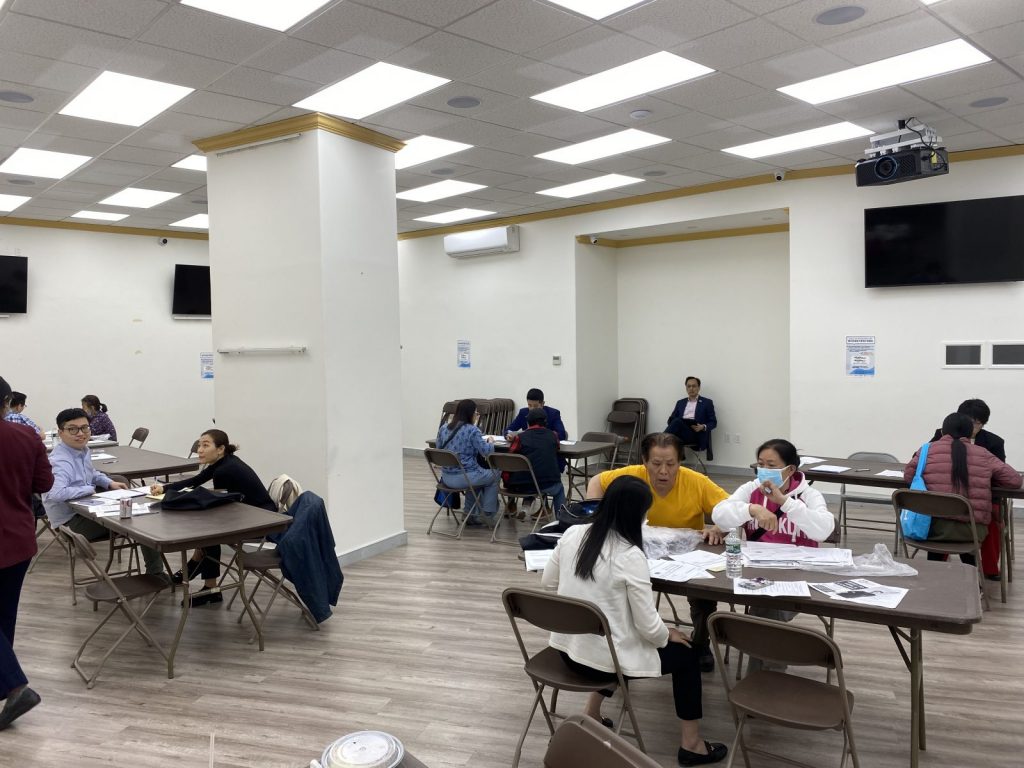
Thank you to AABANY, AALFNY, PBCS, Chinese-American Planning Council, our incredible volunteers, and our community partners for helping out at the March 8th pro bono legal clinic in Brooklyn. Our volunteers met with 16 clients, addressing questions related to housing, matrimonial and family law, and immigration.
We are grateful to have our special guest speakers, Vishal Chander and Karen Kithan Yau, provide a “Know Your Rights” training on immigration laws to our volunteers and clients. For the next couple of clinics, we will be inviting speakers to provide crucial information about immigrants’ interactions with law enforcement in the public and at the workplace.
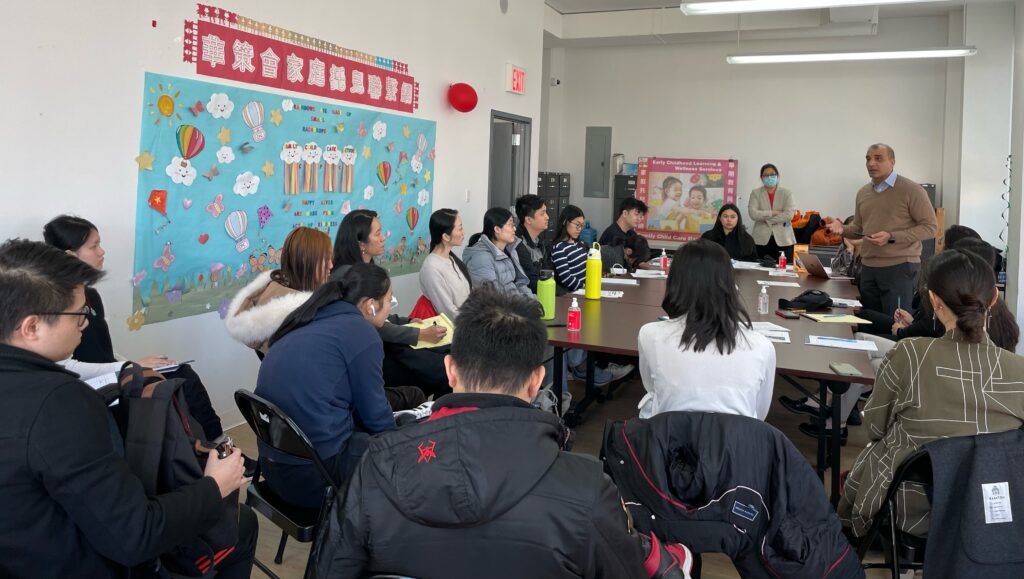
At these clinics, we not only help answer clients’ legal questions, but we also want to teach law students and young attorneys how to explain the law in layman’s terms and provide an opportunity for the clients to be heard. We had volunteers explaining the concept of jurisdiction to a litigant who wasn’t sure why her petition was denied, the process of suing in small claims court, and discussing differences between wills and trusts. So thank you all for listening to the clients’ stories!
Thank you again to our amazing volunteers:
| Volunteer Attorneys |
| Anna Chen |
| Beatrice Leong |
| Ben Choi |
| Chenyi Wang |
| Francis Chin |
| Gary Yeung |
| Karen Kithan Yau |
| Kwok Kei Ng |
| May Wong |
| Peter Wei |
| Victoria Cheng |
| Vishal Chander |
| Interpreters & Shadowers |
| Albert Tong |
| Chia-Jung (Colette) Chang |
| Emily Kam |
| Kenny Ip |
| Kirin Moy |
| Leo Shen |
| Miao Wen |
| Nandar Win Kerr |
| Ruo Yang |
| Sam Chen |
| Shuyao (Sherry) Wang |
| Xiaocen Zhang |
| Zekai Lian |
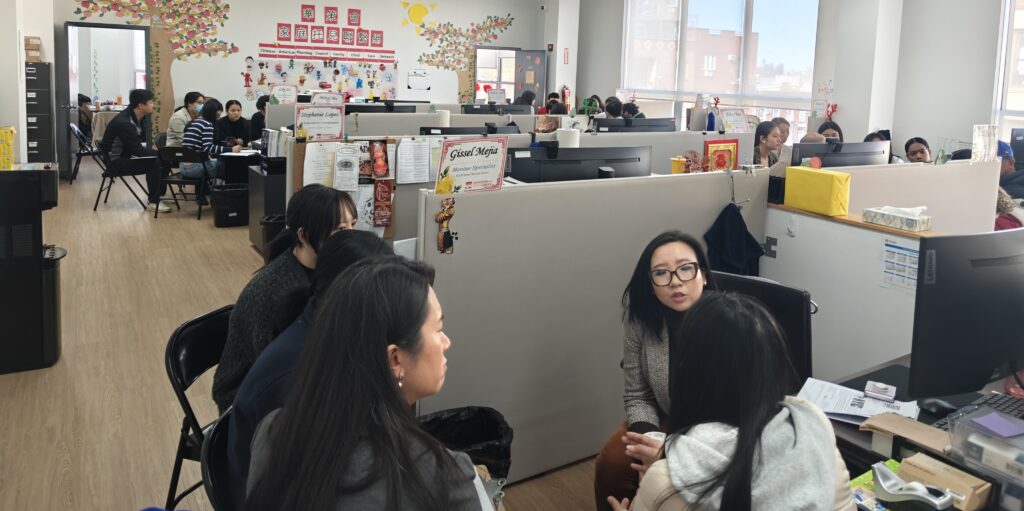
Please come back and join us at our upcoming clinics:
April 2, 2025 [Queens link here], from 6:00 – 8:30pm, One Flushing Community Center, 133-29 41st Ave, 2nd Floor, Flushing, NY 11355
[Please note that after April 2, 2025, all registrations for the clinics will take place through AABANY’s calendar. Please be patient with the transition.]
If you can’t make it to the clinics, please join our 10th Year Anniversary of Pro Bono Clinics on March 27th, 2025!


